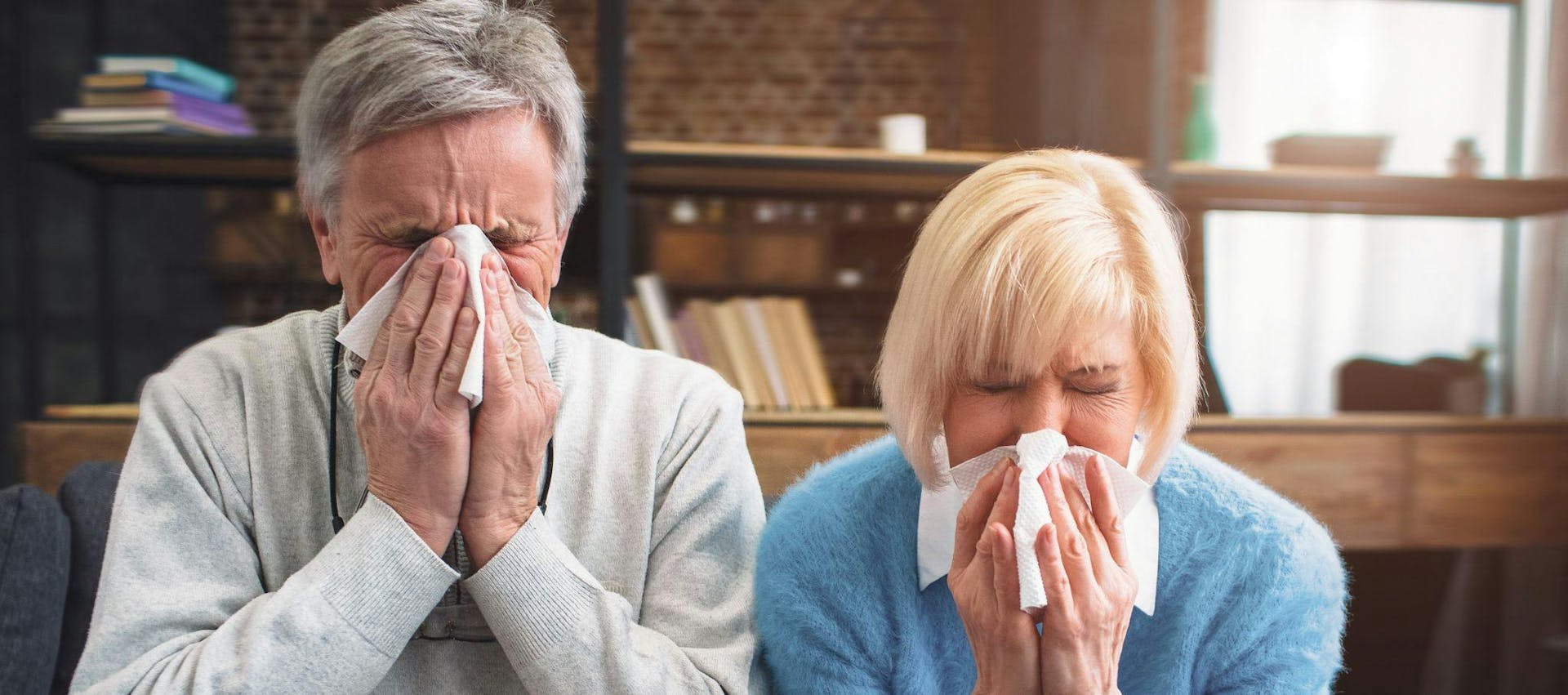Children tend to have respiratory illness more often than adults, especially during cold and flu season. Children have developing immune systems and tend to spend more time in communal settings with other children, putting them at greater risk of catching a cold or flu.
Children and adults may experience similar cold and flu symptoms, but vomiting and diarrhea are more common in children with respiratory illnesses.
Sometimes, children can become severely ill with the flu and may need additional treatment. You may need to take your child to the emergency department if they have one or more of the following symptoms:
- Lethargy or complete lack of energy.
- Fever of over 102° F for more than three days that does not improve with medications.
- Fever over 105° F at any time.
- The child does not urinate for over eight hours or has fewer than three wet diapers in a day
- Shortness of breath or difficulty breathing.
- The skin around the ribs is getting sucked in, called retractions, when your child inhales.
If the symptoms are not severe, but you are still concerned, you can visit any of the urgent care centers for an evaluation by one of the providers.
Treating a cold or flu at home is possible. Start by ensuring they get plenty of rest, using a humidifier, gargling with salt water, or taking a teaspoon of honey for children over one year old to soothe a cough or sore throat.
Avoid using adult over-the-counter cold and flu or cough medications for children before speaking with your doctor. Children’s acetaminophen (brand name Tylenol) or ibuprofen (brand name Motrin or Advil) can be used for fever and pain relief if needed.
Just make sure your child does not receive a dose of either of these medications more frequently than recommended on the bottle. Ibuprofen (Children’s Motrin) should never be used in children younger than six months of age.










